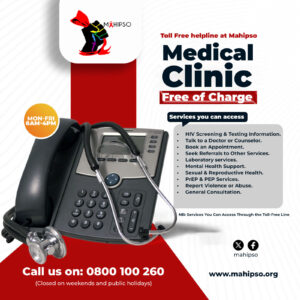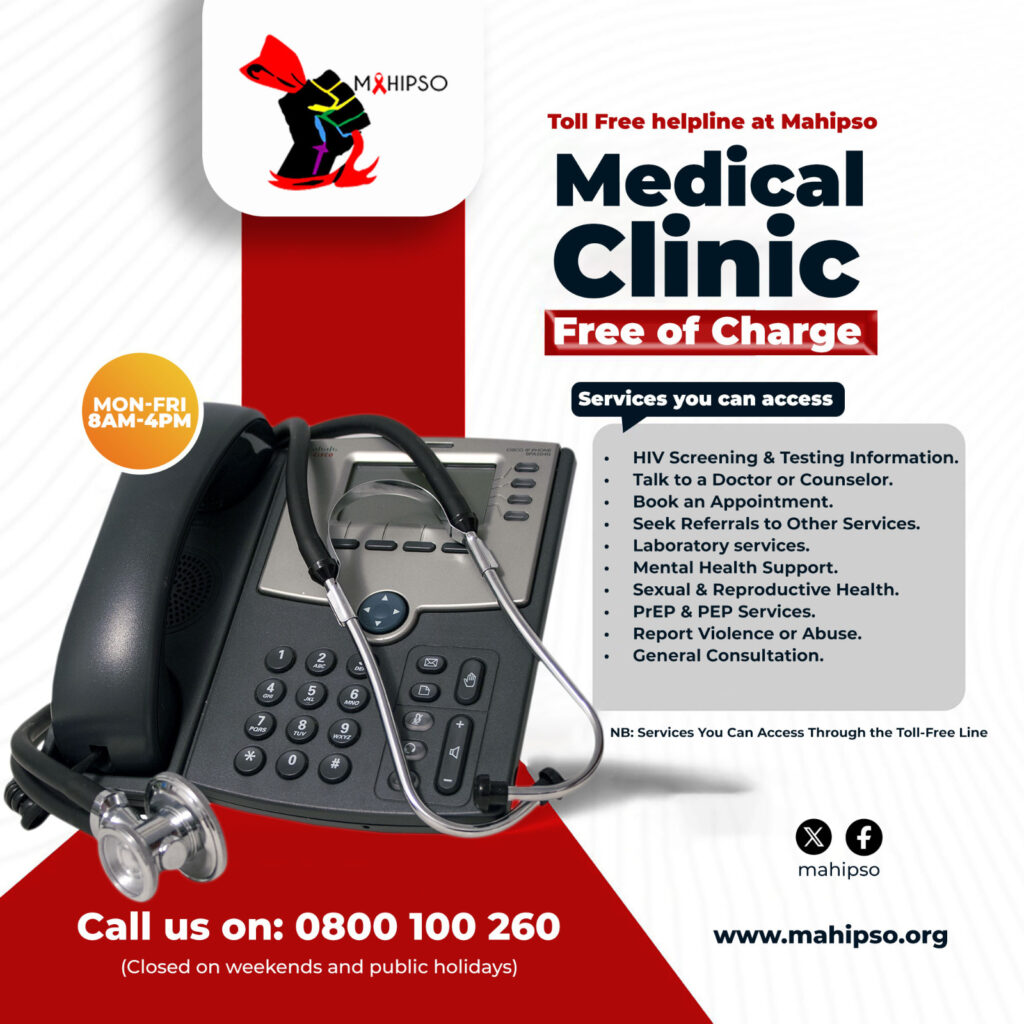Overview
MAHIPSO’s Institutional Development and Resilience Program focuses on addressing the lack of dedicated intersex programming, advocacy, and services in Central Uganda, particularly in the Greater Masaka Region. Intersex individuals face significant stigma, discrimination, and exclusion, and there are few actors providing support outside Kampala and major urban areas. To bridge this gap, MAHIPSO aims to implement interventions through four core strategies: generating and managing knowledge, raising public awareness, promoting the health and human rights of intersex persons, and strengthening their voice and agency.
This strategic investment supports national and regional policies including the Uganda National Gender Policy, the National GBV Policy, the Equity Plan, and aligns with broader continental and global frameworks such as the African Union Agenda 2063, EAC and COMESA gender policies, the UN Sustainable Development Goals, and international human rights conventions.

